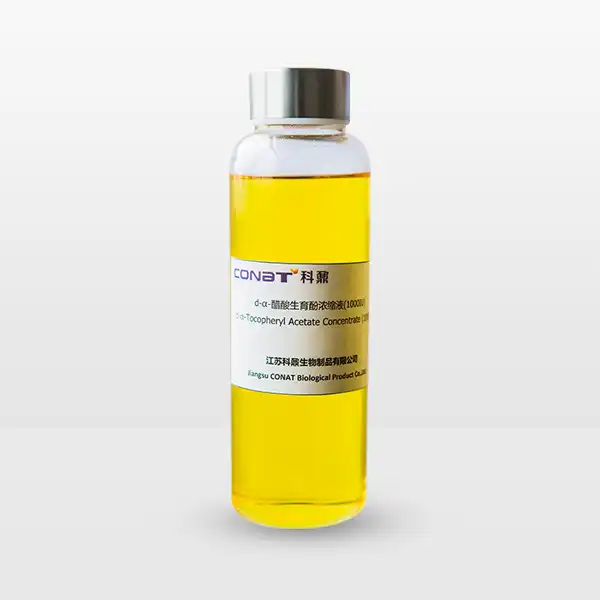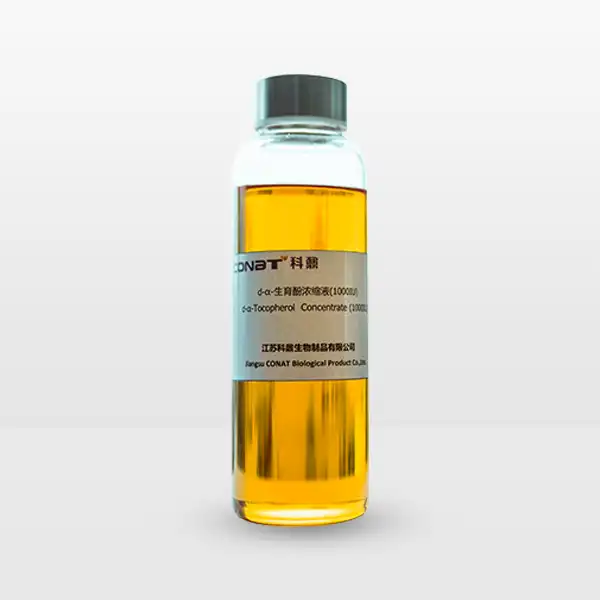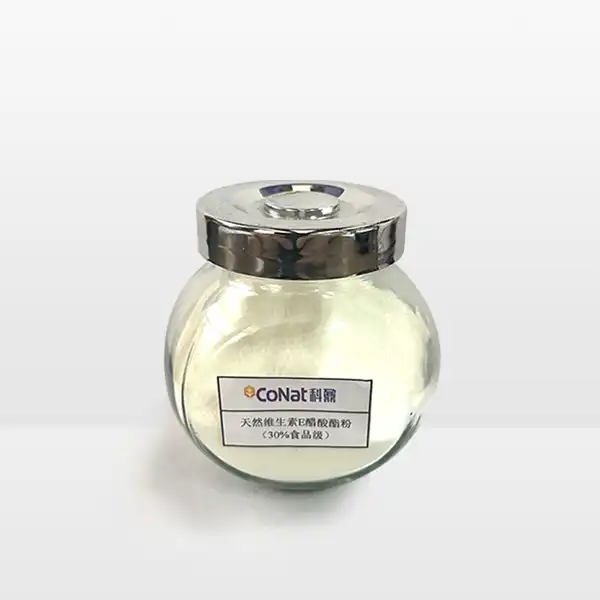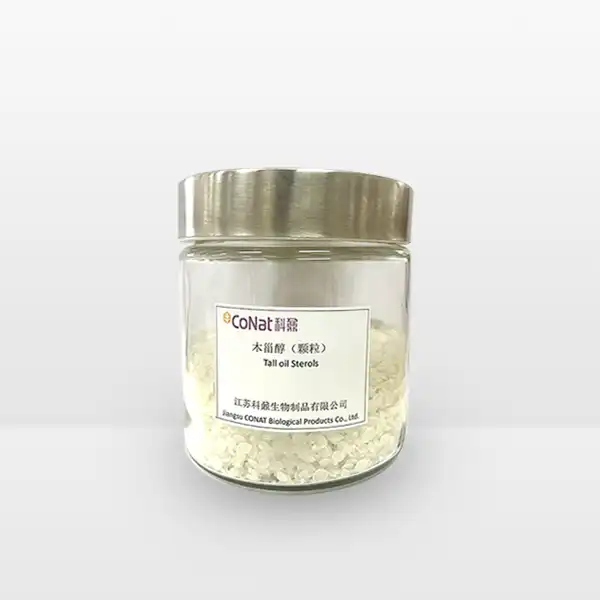- English
- French
- German
- Portuguese
- Spanish
- Russian
- Japanese
- Korean
- Arabic
- Greek
- German
- Turkish
- Italian
- Danish
- Romanian
- Indonesian
- Czech
- Afrikaans
- Swedish
- Polish
- Basque
- Catalan
- Esperanto
- Hindi
- Lao
- Albanian
- Amharic
- Armenian
- Azerbaijani
- Belarusian
- Bengali
- Bosnian
- Bulgarian
- Cebuano
- Chichewa
- Corsican
- Croatian
- Dutch
- Estonian
- Filipino
- Finnish
- Frisian
- Galician
- Georgian
- Gujarati
- Haitian
- Hausa
- Hawaiian
- Hebrew
- Hmong
- Hungarian
- Icelandic
- Igbo
- Javanese
- Kannada
- Kazakh
- Khmer
- Kurdish
- Kyrgyz
- Latin
- Latvian
- Lithuanian
- Luxembou..
- Macedonian
- Malagasy
- Malay
- Malayalam
- Maltese
- Maori
- Marathi
- Mongolian
- Burmese
- Nepali
- Norwegian
- Pashto
- Persian
- Punjabi
- Serbian
- Sesotho
- Sinhala
- Slovak
- Slovenian
- Somali
- Samoan
- Scots Gaelic
- Shona
- Sindhi
- Sundanese
- Swahili
- Tajik
- Tamil
- Telugu
- Thai
- Ukrainian
- Urdu
- Uzbek
- Vietnamese
- Welsh
- Xhosa
- Yiddish
- Yoruba
- Zulu
What are the Benefits of Taking Natural Vitamin E Mixed Tocopherols?
Natural vitamin E mixed tocopherols have emerged as a powerful antioxidant supplement that offers comprehensive health benefits beyond what singular vitamin E forms can provide. Unlike synthetic vitamin E, which typically contains only alpha-tocopherol, natural mixed tocopherols comprise all four tocopherol compounds found in nature: alpha, beta, gamma, and delta tocopherols. This complete spectrum works synergistically to provide enhanced antioxidant protection, support immune function, and promote overall health. As interest in natural supplements continues to grow, understanding the full range of benefits offered by mixed tocopherols becomes increasingly important for those seeking to optimize their health through supplementation. These compounds are naturally present in various food sources, including vegetable oils, nuts, and seeds, but supplementation can ensure consistent intake of all beneficial forms.
How Do Mixed Tocopherols Differ from Regular Vitamin E Supplements?
Natural mixed tocopherols represent a significant advancement in vitamin E supplementation compared to traditional single-form supplements. The key distinction lies in their comprehensive composition and enhanced bioavailability. When all four tocopherols are present together, they create a synergistic effect that maximizes their antioxidant capabilities. Research has shown that gamma-tocopherol, often absent in regular vitamin E supplements, plays a crucial role in neutralizing reactive nitrogen species and providing anti-inflammatory benefits that alpha-tocopherol alone cannot match.
The natural form of vitamin E mixed tocopherols also demonstrates superior absorption rates compared to synthetic alternatives. Studies indicate that natural tocopherols are retained in body tissues approximately twice as long as their synthetic counterparts. This improved retention translates to better cellular protection and more efficient utilization of the vitamin's beneficial properties. Additionally, mixed tocopherols maintain their potency through varying conditions in the digestive system, ensuring consistent delivery of their antioxidant benefits throughout the body.
Furthermore, the presence of multiple tocopherol forms addresses different aspects of cellular health. While alpha-tocopherol excels at protecting cell membranes from oxidative damage, gamma-tocopherol demonstrates superior ability to combat inflammation and support cardiovascular health. Beta and delta tocopherols contribute their unique properties, creating a comprehensive approach to antioxidant protection that single-form supplements simply cannot provide.
The interaction between different tocopherols also enhances their individual effectiveness. Research suggests that delta-tocopherol, though present in smaller quantities, plays a vital role in cellular signaling and may enhance the body's natural defense mechanisms. The balanced combination of all four forms ensures optimal vitamin E activity in various body tissues, from the brain to the muscles and skin.
What Role Do Mixed Tocopherols Play in Preventing Chronic Diseases?
The relationship between mixed tocopherols and chronic disease prevention represents one of the most compelling arguments for their supplementation. These natural compounds work through multiple mechanisms to protect against various chronic conditions. At the cellular level, mixed tocopherols act as powerful antioxidants that neutralize free radicals, reducing oxidative stress that contributes to chronic disease development.
Cardiovascular health particularly benefits from mixed tocopherols supplementation. Research indicates that gamma-tocopherol, working in concert with other tocopherols, helps maintain healthy blood vessel function and supports normal blood pressure levels. The anti-inflammatory properties of vitamin E mixed tocopherols also play a crucial role in protecting arterial walls from damage and reducing the risk of atherosclerosis.
In terms of cognitive health, mixed tocopherols demonstrate neuroprotective properties that may help maintain cognitive function as we age. The antioxidant activity of these compounds helps protect neural tissue from oxidative damage, while their anti-inflammatory effects may reduce the risk of neurodegenerative conditions. Studies suggest that the combined action of different tocopherols provides more comprehensive brain protection than single-form vitamin E supplements.
Cancer prevention research has also shown promising results regarding mixed tocopherols. Multiple studies indicate that gamma and delta tocopherols, in particular, may help inhibit the growth of certain cancer cells and support the body's natural defense mechanisms against cellular mutations. The combination of all four tocopherols provides broader spectrum protection against various types of cellular damage that could lead to cancer development.
Recent research has also highlighted the potential role of mixed tocopherols in supporting eye health and preventing age-related vision problems. The antioxidant properties of these compounds help protect delicate eye tissues from oxidative stress, while their anti-inflammatory effects may help maintain proper retinal function. Studies suggest that regular supplementation with mixed tocopherols could contribute to long-term vision health and reduce the risk of age-related macular degeneration.
Can Mixed Tocopherols Enhance Athletic Performance and Recovery?
The role of vitamin E mixed tocopherols in athletic performance and recovery has gained significant attention in sports nutrition research. These natural compounds offer multiple benefits that can support athletic endeavors, from enhanced endurance to improved recovery times. The antioxidant properties of mixed tocopherols become particularly valuable during intense physical activity, when the body experiences increased oxidative stress.
During exercise, the body produces higher levels of free radicals, which can lead to muscle damage and fatigue. Mixed tocopherols help combat this oxidative stress, potentially reducing muscle damage and supporting faster recovery. The gamma-tocopherol component, in particular, has shown promise in reducing exercise-induced inflammation, which can help athletes maintain consistent training schedules.
Research suggests that mixed tocopherols may also support muscle strength and endurance. By protecting muscle cells from oxidative damage, these compounds help maintain cellular integrity during intense workouts. Athletes supplementing with mixed tocopherols often report reduced muscle soreness and improved recovery times between training sessions. The comprehensive antioxidant protection provided by all four tocopherol forms helps support overall muscle health and function.
The immune system benefits of mixed tocopherols are particularly relevant for athletes, who often experience temporary immune suppression following intense training. The balanced combination of tocopherols helps maintain immune function during periods of high physical stress, potentially reducing the risk of training-related illness and supporting consistent athletic performance.
Studies focusing on endurance athletes have shown that mixed tocopherols supplementation may help improve oxygen utilization during prolonged exercise. This improved efficiency could translate to better endurance performance and delayed onset of fatigue. Additionally, the anti-inflammatory properties of mixed tocopherols may help reduce joint and muscle discomfort commonly experienced by athletes engaged in high-impact activities.
The timing of mixed tocopherols supplementation can also influence their effectiveness for athletes. Research suggests that consistent daily supplementation, rather than acute pre-workout dosing, provides the most beneficial effects for both performance and recovery. This approach allows the body to maintain optimal levels of all four tocopherol forms, ensuring maximum protection against exercise-induced oxidative stress and inflammation.
For more information on our high-quality Natural vitamin E mixed tocopherol products, feel free to contact us at sales@conat.cn.
References:
1. Journal of Nutrition and Metabolism (2022) "Comparative Analysis of Natural and Synthetic Vitamin E Forms"
2. American Journal of Clinical Nutrition (2023) "Mixed Tocopherols: A Comprehensive Review"
3. Sports Medicine International (2023) "Athletic Performance and Antioxidant Supplementation"
4. Frontiers in Nutrition (2023) "The Role of Vitamin E in Disease Prevention"
5. International Journal of Molecular Sciences (2022) "Mechanisms of Mixed Tocopherols in Health"
6. Nutrition Reviews (2023) "Updated Perspectives on Vitamin E Supplementation"
7. Clinical Nutrition Research (2022) "Exercise Recovery and Antioxidant Supplementation"
8. European Journal of Clinical Nutrition (2023) "Natural vs. Synthetic Vitamin E: Bioavailability Studies"
9. Journal of Sports Science and Medicine (2023) "Athletic Recovery and Nutrient Timing"
10. Advances in Nutrition Research (2022) "Tocopherols and Chronic Disease Prevention"








